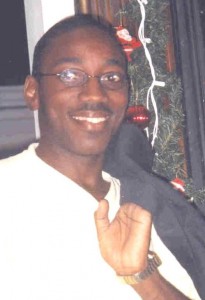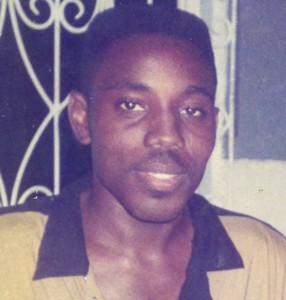By Venessa Deosaran
Having lived for 41 years with sickle cell disease, survivor and advocate Eton London repeatedly thanks a higher divinity for being alive today.
Sickle cell disease (SCD), according to the Centers for Disease Control and Prevention website, is a group of inherited red blood cell disorders. In SCD, the red blood cells become hard and sticky and look like a crescent-shaped farm tool called a sickle, hence the name.






Comments are closed.